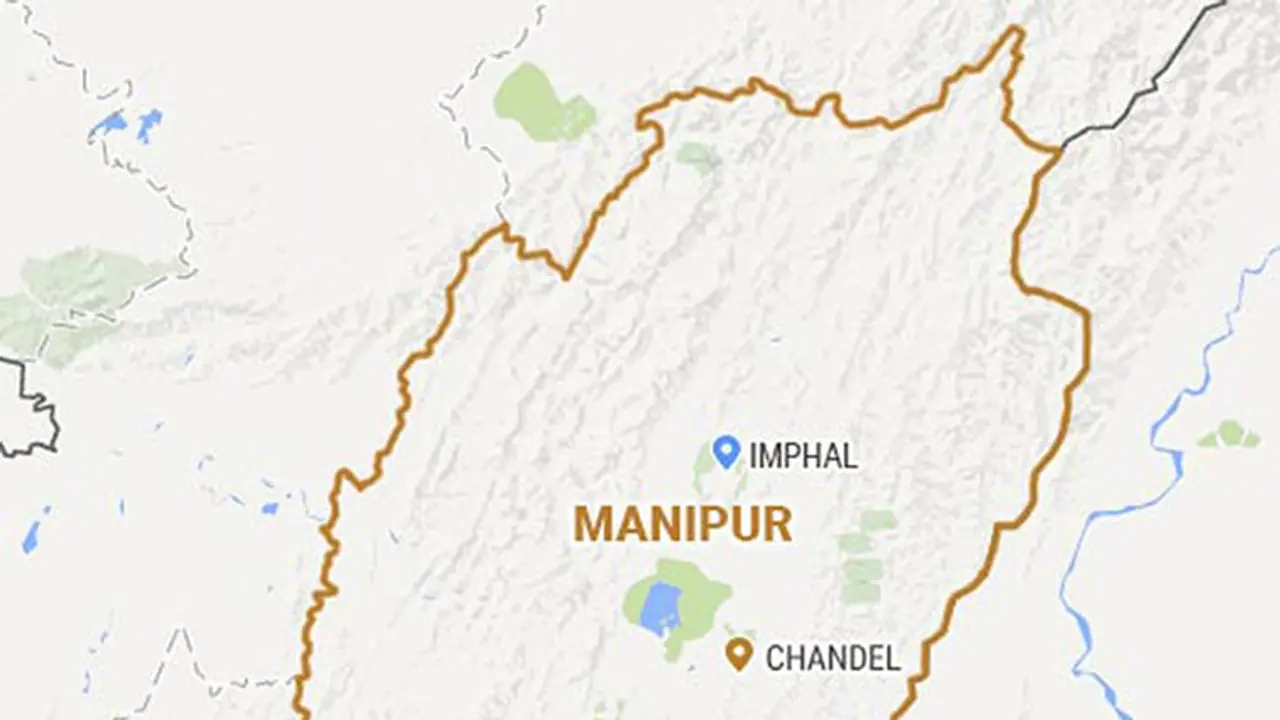India could be further divided into smaller states if demands by the NFSN gathers steam Remapping of India cannot be an exercise in accommodating ethnic territorial demands
Bundelkhand, Gorkhaland, Bodoland, Kukiland, Karbi state, Tripuraland; India could be further divided into smaller states if demands by the National Federation of New States (NFSN) gathers steam.

Total Separation from Manipur, The Only Solution
Nine dead bodies are still awaiting burial for a year in Manipur’s Churachandpur town; a symbolic protest against the valley’s alleged ‘discriminatory’ attitude against the tribals.Wearing war paint, tribal protestors took to the streets on 31st August observing Tribal Unity Day at Lamka reaffirming their pledge to ‘fight today for a better tomorrow’ demanding a separate Kukiland/Zomiland. They allege the valley’s agitation of imposing Inner Line Permit is actually a conspiracy againsttribal interests. The protesters now want ‘total separation from Manipur.’
Divide Assam 50/50
This goes back to 1967 when the first demand for a separate Bodo state of Udayachal was made, later rechristened as Bodoland. Decades of violence and genocide resulted in an autonomous council under the 6th Schedule of the Constitution but the statehood demand hasn’t died down. In the morning of 30thAugust, 2016, several hundreds of Bodo men and women in their traditional scarves came down shouting slogans blocking NH37 at Dudhnoi. Soon the protests spread across NH 15, 31 and 37 at multiple points paralyzing traffic. For the new BJP government this was the second Bodo assault, the first when a gunman opened fire in Kokrajhar market recently.
No Twipraland No Rest
The state with one of the best development indicators and a chief minister with an impeccable reputation, Tripura suddenly imploded; at least 17 people were injured in sporadic clashes between tribal activists and supporters of the Indigenous People’s Front of Tripura (IPFT) and non-tribal Bengali residents in different parts of Tripura on 23rd August, when a demonstration was taking place to mark the eighth Twipraland Statehood Demand Day. The IPFT has been demanding for a separate state, Twipraland, for the tribal population by carving out the Tripura Tribal Areas Autonomous District Council (TTAADC) from the state of Tripura. The reasons could be politically motivated but however much the government claims a peaceful Tripura, the distance between the hills and the valley has only increased.
The tribal-nontribal binary of the Northeast has been one of the most disturbing features of the region. The several subnational assertions have been the biggest challenge to Indian democracy that finds itself limited in trying to grapple with this complexity. The collective imagination of a ‘homeland’ by each tribe or ethnicity is often contested by another identity so state reorganisation in this region is virtually impossible. Bodoland poses a real situation where the Bodo demand is not legitimate given they are not a majority and other communities exist in that space and are opposed to that demand. The same would hold true for a ‘Greater Nagaland’ or many such violent and non-violent statehood demands. But the success of such demands has depended on how economic and cultural identities have been fused with the backing of a popular movement with a pragmatic leadership. Remapping of India cannot be an exercise in accommodating ethnic territorial demands. But given the past half-century of violent assertions, the centre will have to use imagination to address grievances and ensure better governance.
